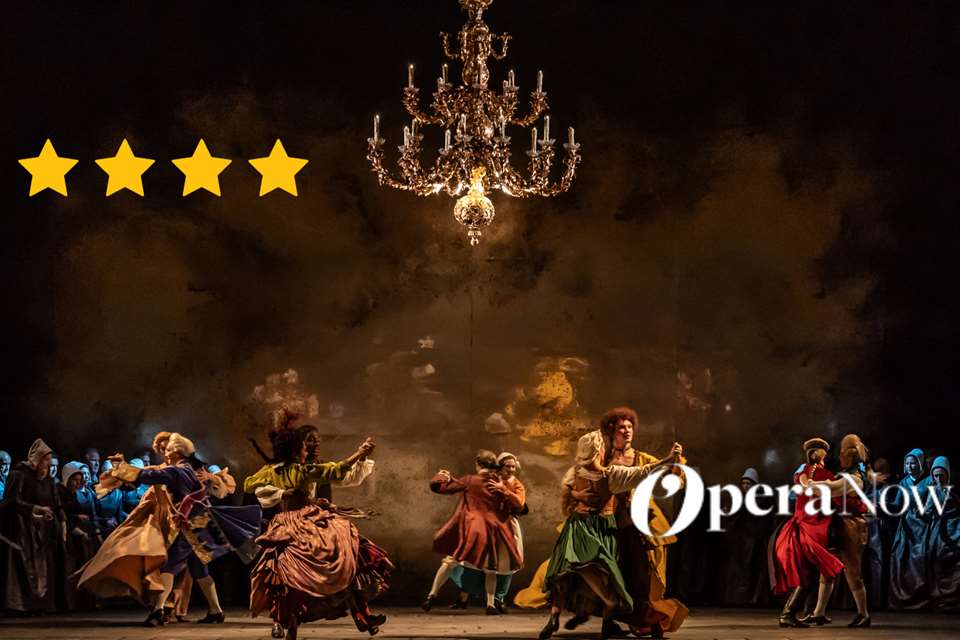Handel: Alcina at Seattle Opera, Washington | Live Review
Jason Victor Serinus
Wednesday, January 31, 2024
‘Cutting some recitative and parts of arias only made the opera’s fantastical story line extremely hard to follow on opening night’
Register now to continue reading
This article is from Opera Now. Register today to enjoy our dedicated coverage of the world of opera, including:
- Free access to 3 subscriber-only articles per month
- Unlimited access to Opera Now's news pages
- Monthly newsletter











